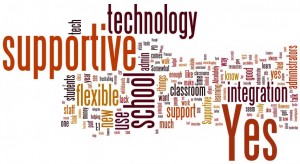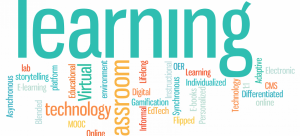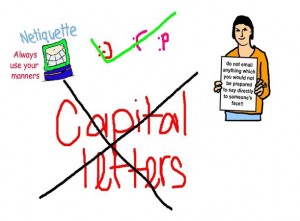
Exhibit A
Have you ever thought to yourself, “Wow, I really wish I had a image for this but its all text”? Thanks to ed tech people, the word cloud is your new best friend.
If there is an occasion to turn simple text into a image, ed tech people will find one. Searching “ed tech” will show you just how much ed people love word clouds. Word clouds about ed tech. Word clouds about topics from courses that use ed tech. Word clouds in the shape of the words “ed tech”. The list goes on…

Exhibit B
What is it about pictures of jumbled words that appeal to ed tech people? The colors? The deep aesthetic meaning? The big letters? Moreover, what exactly are these word clouds accomplishing? Are they testing people’s knowledge of ed tech? Jazzing up a normally dull short answer question? Acting as a digital crystal ball looking into the ed tech future?

Exhibit C
An ed tech person might say: “Word clouds create a visualization of words used in a document or on a webpage. Word cloud visualizations can provide insight into textual data that might not be evident from reading the text itself. And with Wordle, anyone can make one for free! “
When you can smush words together, make them pretty colors, use fun fonts, and put the image on your site all for free — why not?

Exhibit D


